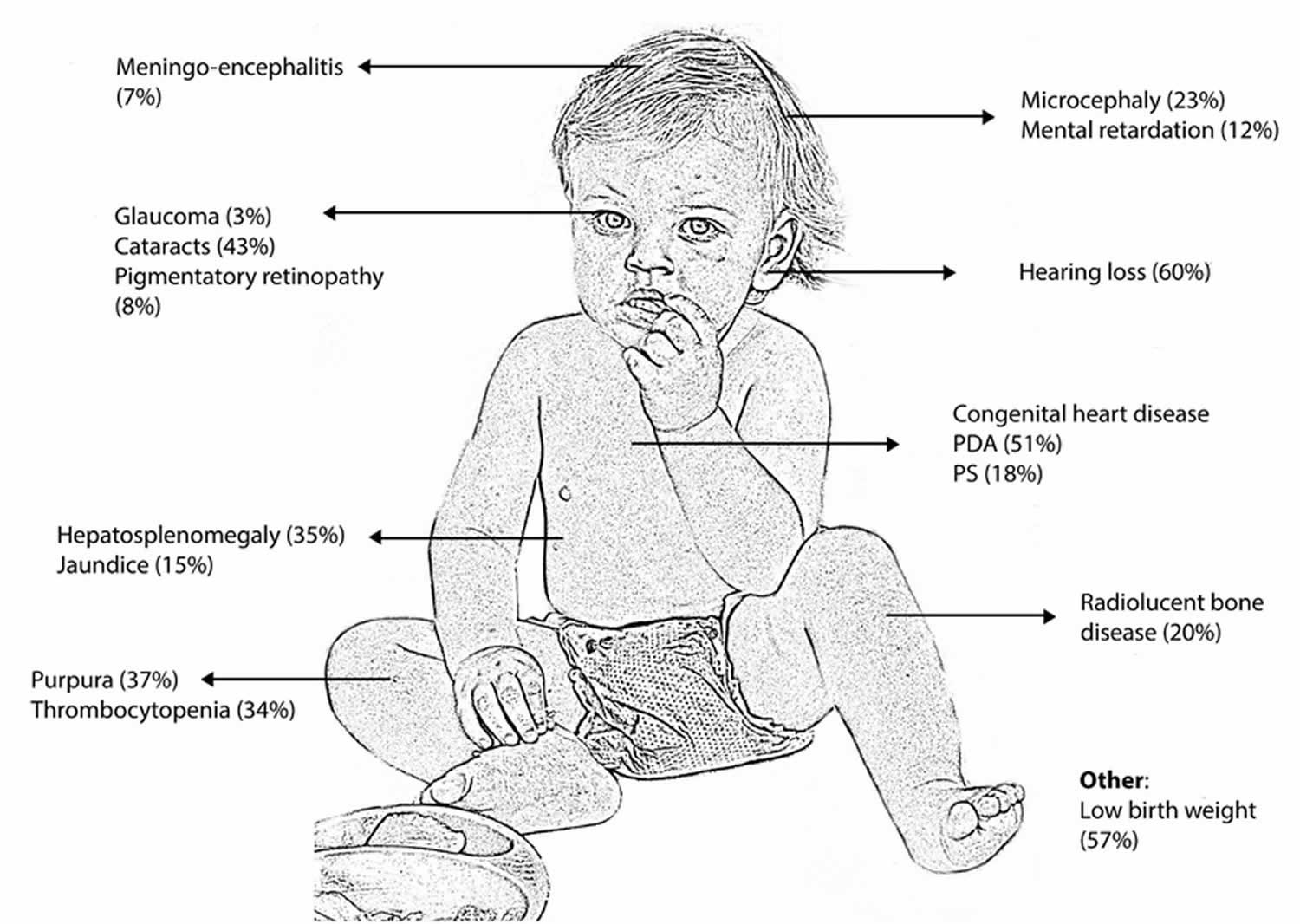RUBELLA (German measles) & PREGNANCY

Dr. Deboshree Sarkar
Fellow Infertility Specialist
Dr. Deepak Goenka
Director, Institute of Human Reproduction
IVF Specialist
What is Rubella (German Measles)?
It is a contagious viral infection. If a pregnant woman acquires Rubella, she is at increased risk of miscarriages, stillborn and their developing babies are at risk for severe birth defects with devastating lifelong consequences. But the good thing about it is that once someone is infected or immunized, they acquire lifelong immunity. Many get this infection without even realizing it and develop immunity naturally.
Every woman before planning pregnancy should check their immunity by doing blood tests (IgG, IgM). If no immunity (i.e. IgG- negative) then they should be vaccinated against Rubella.
How Rubella spreads? What causes Rubella?
- It can spread when an infected person coughs or sneezes (by direct contact with infected mucous from nose & throat).
- During pregnancy, it can be passed from the mother to the unborn child through the bloodstream.
What are the symptoms of Rubella?
- The rash starts on the face & spreads to the rest of the body.
- Low-grade fever
- Sore throat
How to prevent Rubella?
Rubella is preventable by vaccination. MMR (Measles, Mumps, and Rubella) vaccine is given which also prevents mumps & measles. It helps to protect from serious preventable diseases.

Doses of vaccine for Rubella
- Children should get 2 doses of MMR vaccine First dose between 12 months to 15 months of age, a second dose between 4 years to 6 years of age.
- Susceptible non-pregnant women of childbearing age are immunized with the R-VAC vaccine. Dose – 0.5ml subcutaneously single dose. These women of childbearing age should avoid getting pregnant for 4 weeks after receiving the MMR vaccine or R-VAC vaccine.
- Pregnant women should not receive the MMR vaccine & R-VAC vaccine because of adverse effects of the vaccine on developing babies.
To know more, Consult us!!
www.ihrindia.com


Great post! Clear and helpful info on Rubella very useful for raising awareness about German measles and its prevention.